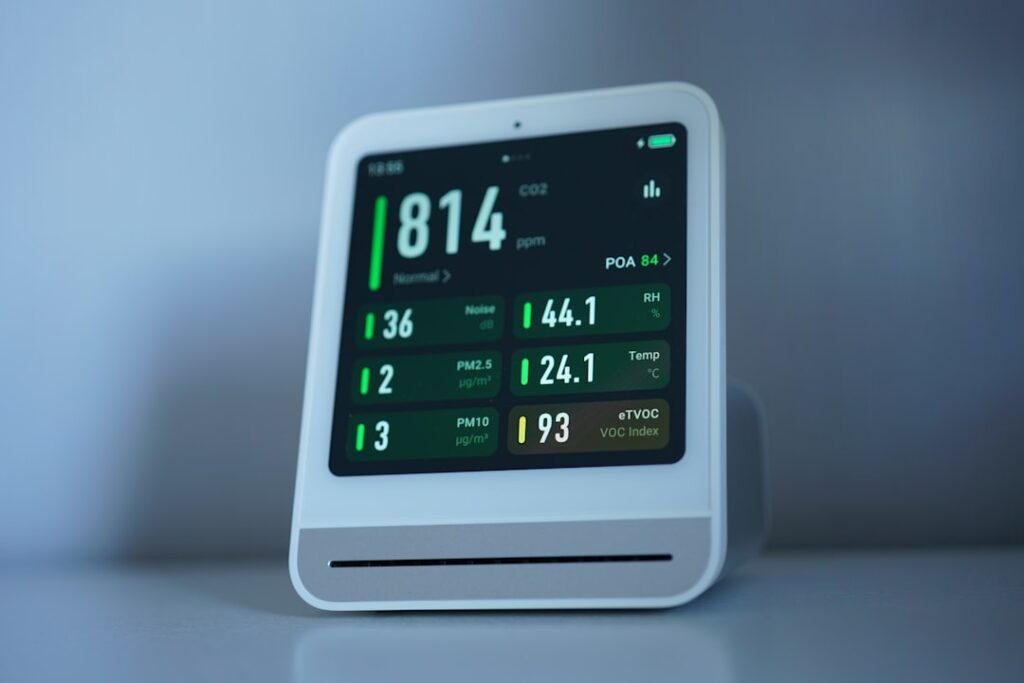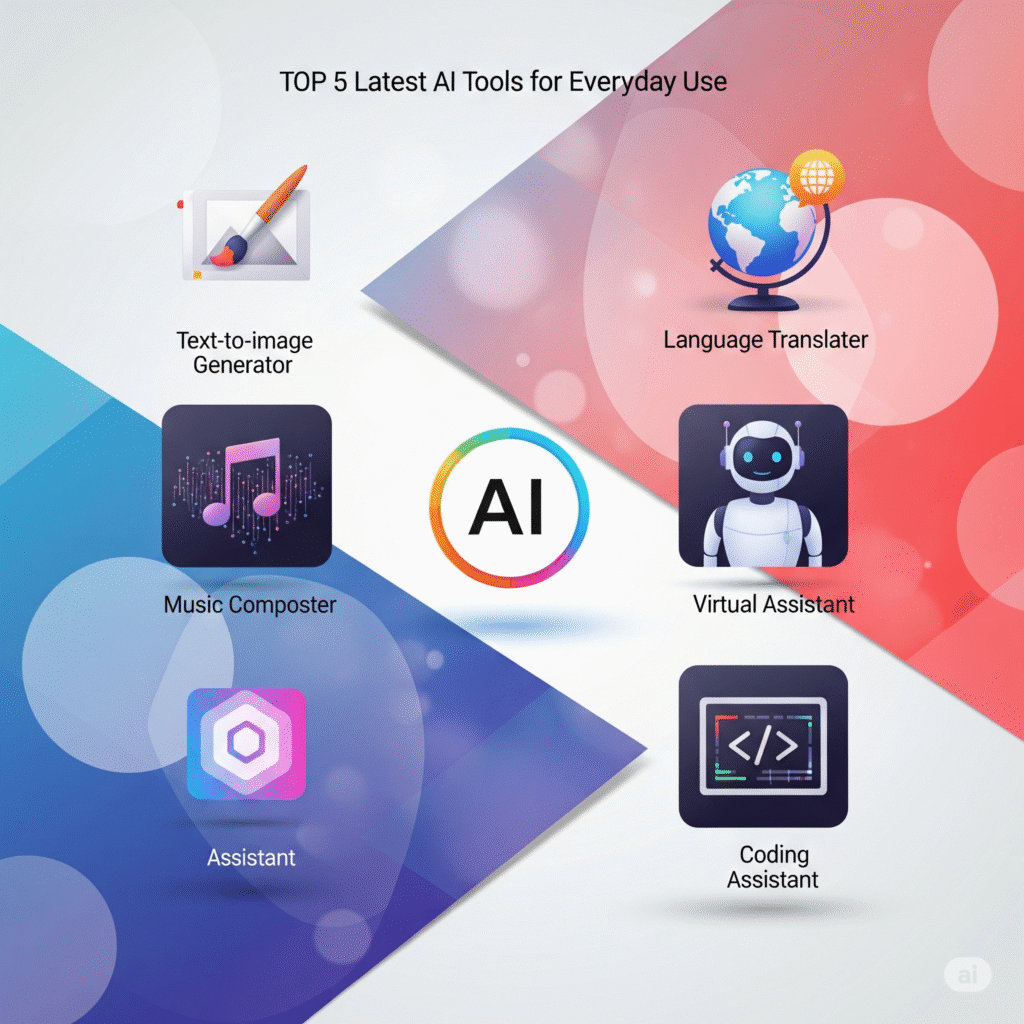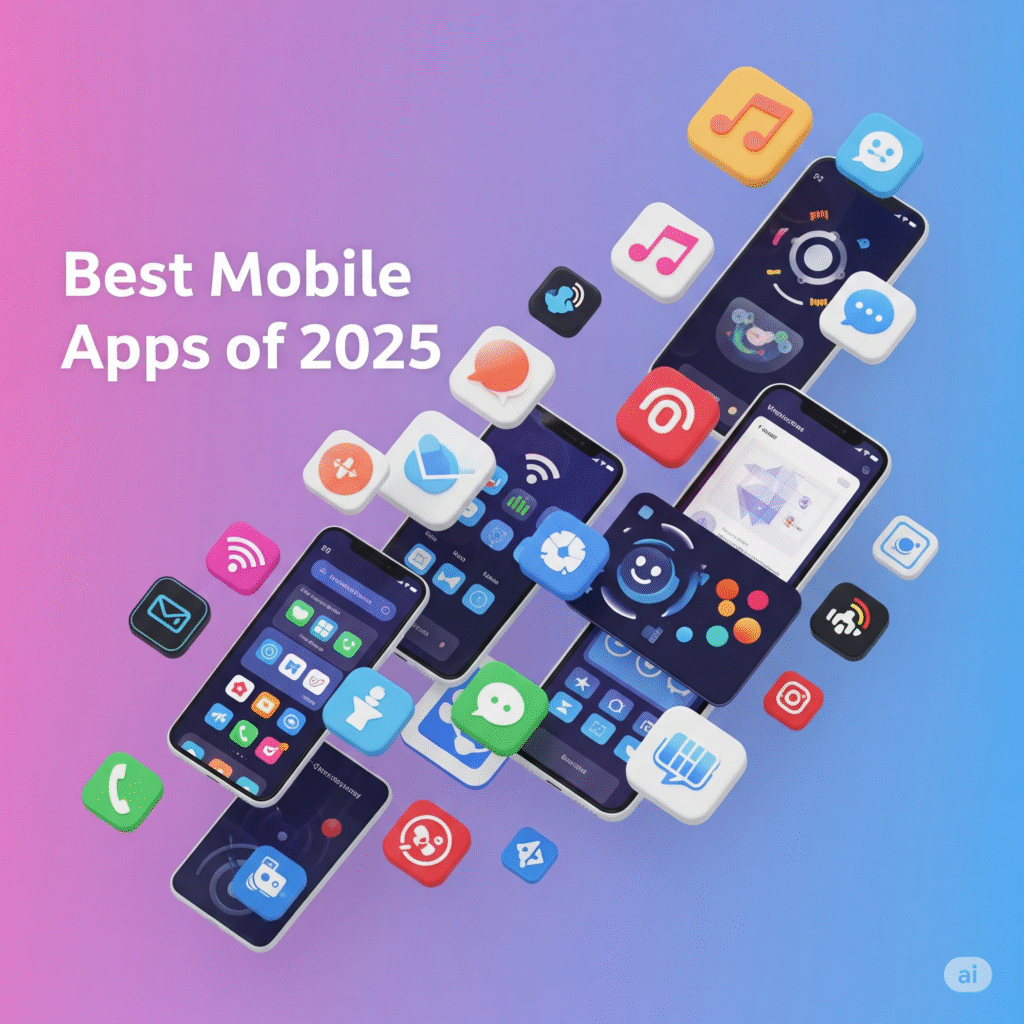AI Tools for HealthTech: Transforming Patient Care with AI Health Monitoring Apps
In recent years, the healthcare sector has witnessed a significant technological revolution, driven by the advent of AI health monitoring apps. These applications leverage artificial intelligence to monitor patients’ health status, empowering both healthcare providers and patients. The ability to analyze vast amounts of data and provide real-time insights has made AI tools indispensable in HealthTech.
The Role of AI in Health Monitoring
AI health monitoring apps utilize machine learning algorithms and data analytics to enhance patient care. They collect data from various devices and sensors, analyzing it to detect patterns and generate insights. This technology not only facilitates timely interventions but also encourages patient engagement in their own health management.
Real-Time Health Data Collection
One of the key features of AI health monitoring apps is their capability to collect real-time health data. Whether it’s through wearables, mobile devices, or other IoT-enabled devices, these apps can track vital signs such as heart rate, blood pressure, and glucose levels.
- Wearable Devices: Smartwatches and fitness trackers that monitor daily health metrics.
- Mobile Applications: Apps that offer users personal health tracking and management.
- Remote Patient Monitoring: Technologies that allow healthcare providers to monitor patients outside traditional clinical settings.
Predictive Analytics and Early Intervention
AI health monitoring apps are not just about data collection; they also employ predictive analytics. By analyzing historical data and recognizing patterns, these tools can alert healthcare professionals and patients about potential health risks before they escalate into serious conditions.
Benefits of AI Health Monitoring Apps
Implementing AI health monitoring apps in healthcare brings numerous advantages, including improved patient outcomes, reduced healthcare costs, and enhanced efficiency in healthcare delivery.
Improved Patient Outcomes
The use of AI health monitoring apps leads to timely health interventions, which can significantly improve patient outcomes. These applications facilitate continuous health assessments, enabling healthcare providers to adjust treatment plans based on real-time data.
Cost Efficiency
AI health monitoring apps also contribute to reducing healthcare costs. By minimizing unnecessary hospitalizations and enabling remote monitoring, healthcare systems can save resources while still offering high-quality patient care.
Challenges and Considerations
Despite their potential, AI health monitoring apps face several challenges that must be addressed for optimal implementation.
Data Privacy and Security
Data privacy is a central concern when dealing with personal health information. Healthcare providers must ensure compliance with regulations such as HIPAA to protect patient data.
Integration with Existing Systems
Integrating AI health monitoring apps with existing electronic health records (EHR) systems can be complicated. Healthcare providers must invest time and resources in ensuring seamless data exchange and interoperability.
The Future of AI Tools in HealthTech
The potential of AI health monitoring apps in HealthTech continues to grow as technology evolves. Future advancements may include more sophisticated predictive analytics, enhanced personalization of health management, and improved interoperability across platforms.
Integration with Telehealth Services
The combination of AI health monitoring apps and telehealth services can enhance healthcare accessibility, allowing patients to receive timely consultations based on real-time health data.
Personalized Health Experiences
As AI technology advances, apps will likely become more personalized, catering to the unique health needs of individual patients, thus improving engagement and adherence to treatment plans.
Conclusion
AI health monitoring apps represent a significant advancement in HealthTech, offering innovative solutions for patient care. Their capabilities in real-time data collection, predictive analytics, and patient engagement are transforming the landscape of healthcare. As challenges are addressed and technology continues to evolve, the integration of AI tools in health monitoring promises to deliver even greater benefits to patients and healthcare providers alike.
Emerging Trends in AI Health Monitoring Apps
The landscape of healthcare is rapidly evolving, and AI health monitoring apps are at the forefront of this transformation. These applications leverage advanced algorithms and machine learning to provide personalized health insights, helping users make informed decisions about their well-being. From tracking vital signs to analyzing dietary habits, the integration of AI into health monitoring presents exciting possibilities for both patients and healthcare providers.
Integration with Wearable Technologies
One of the most significant advancements in AI health monitoring apps is their seamless integration with wearable technologies. Devices such as smartwatches and fitness trackers continuously collect data related to heart rate, sleep patterns, and physical activity. This data, when processed through AI algorithms, enables users to gain real-time insights into their health status. Enhanced accuracy and predictive capabilities allow for early intervention in various health issues, ultimately leading to improved patient outcomes.
The Role of AI in Preventative Healthcare
AI health monitoring apps are not only useful in tracking existing health conditions; they also play a critical role in preventative healthcare. By analyzing trends in users’ data, these apps can identify potential health risks before they manifest as serious issues. For example, an app that monitors blood pressure can alert users to irregularities that may require medical attention, thus promoting a more proactive approach to health management.
Empowerment through Data-Driven Insights
Furthermore, AI health monitoring apps empower users by providing them with data-driven insights into their health. With visualizations that clearly display trends and patterns, users can better understand how lifestyle changes affect their well-being. This empowerment encourages individuals to take charge of their health, fostering a culture of wellness and proactive healthcare engagement.


